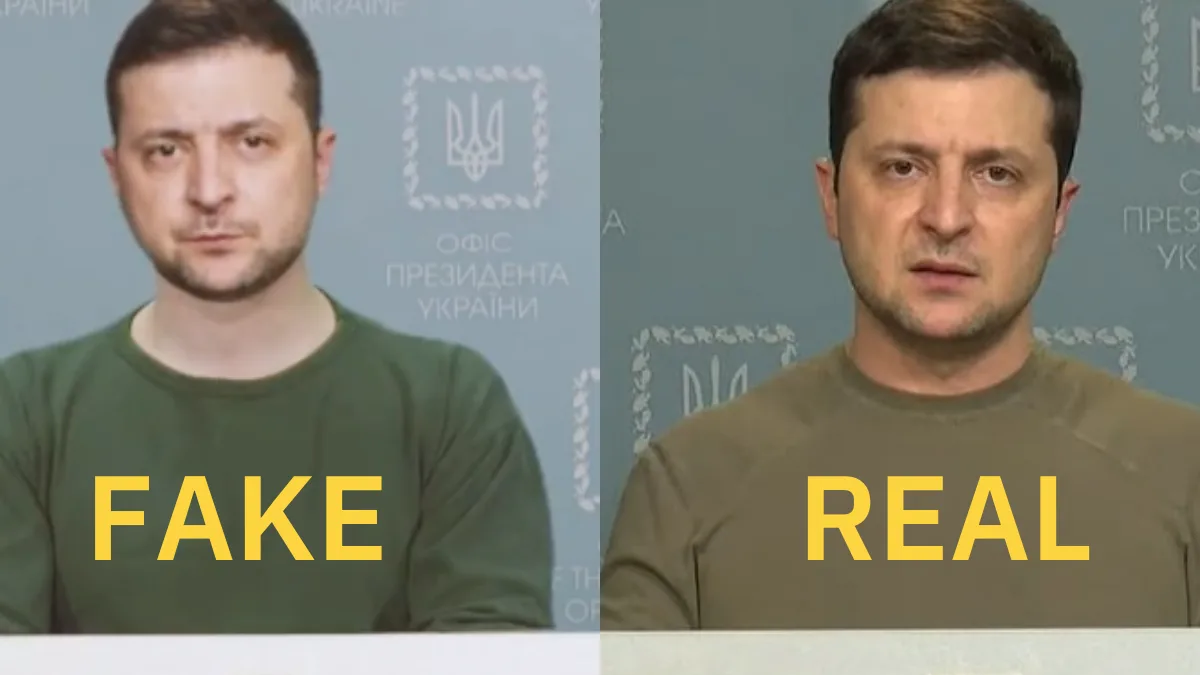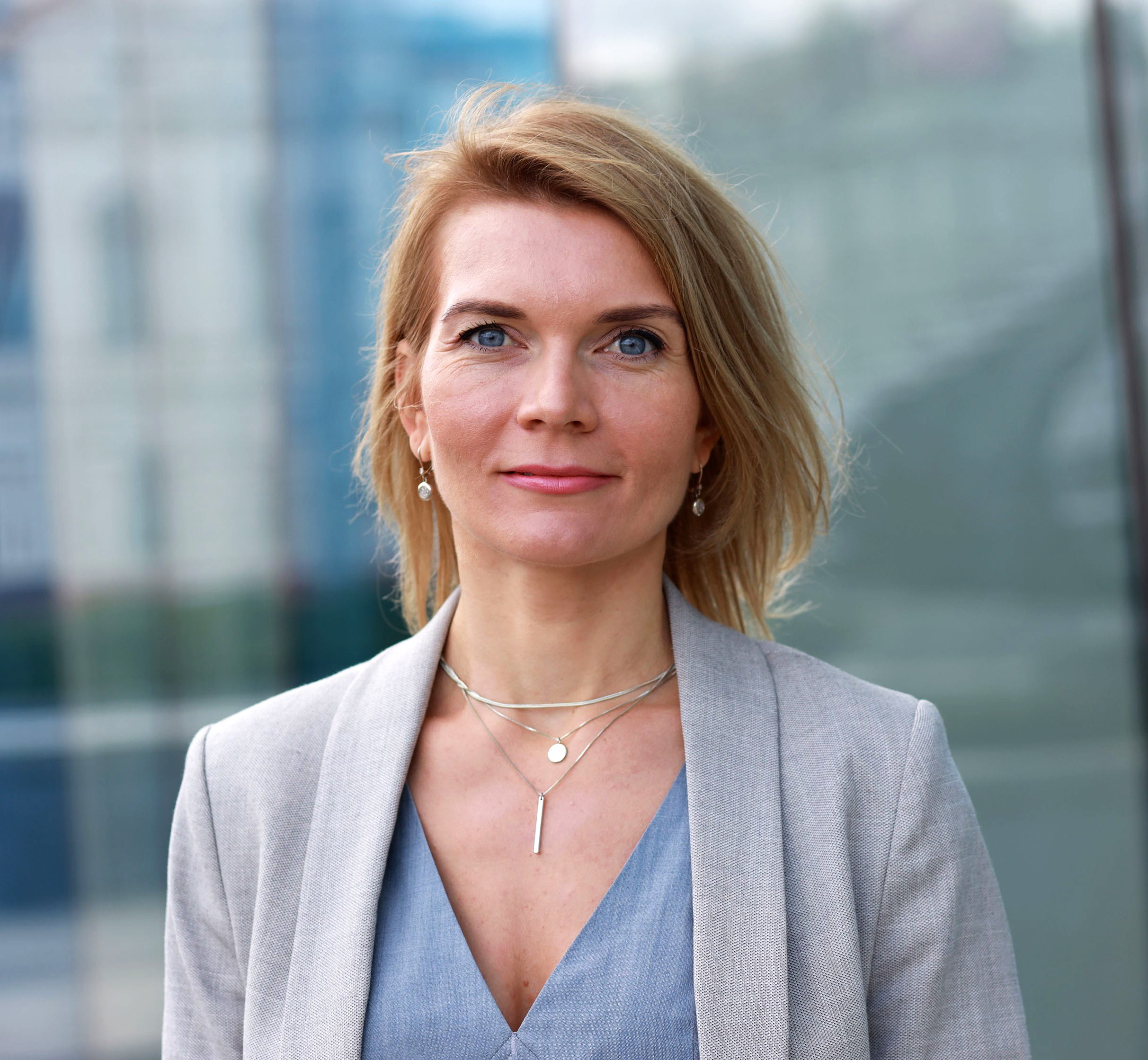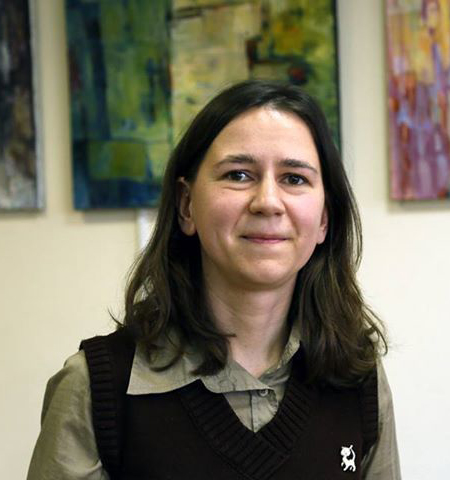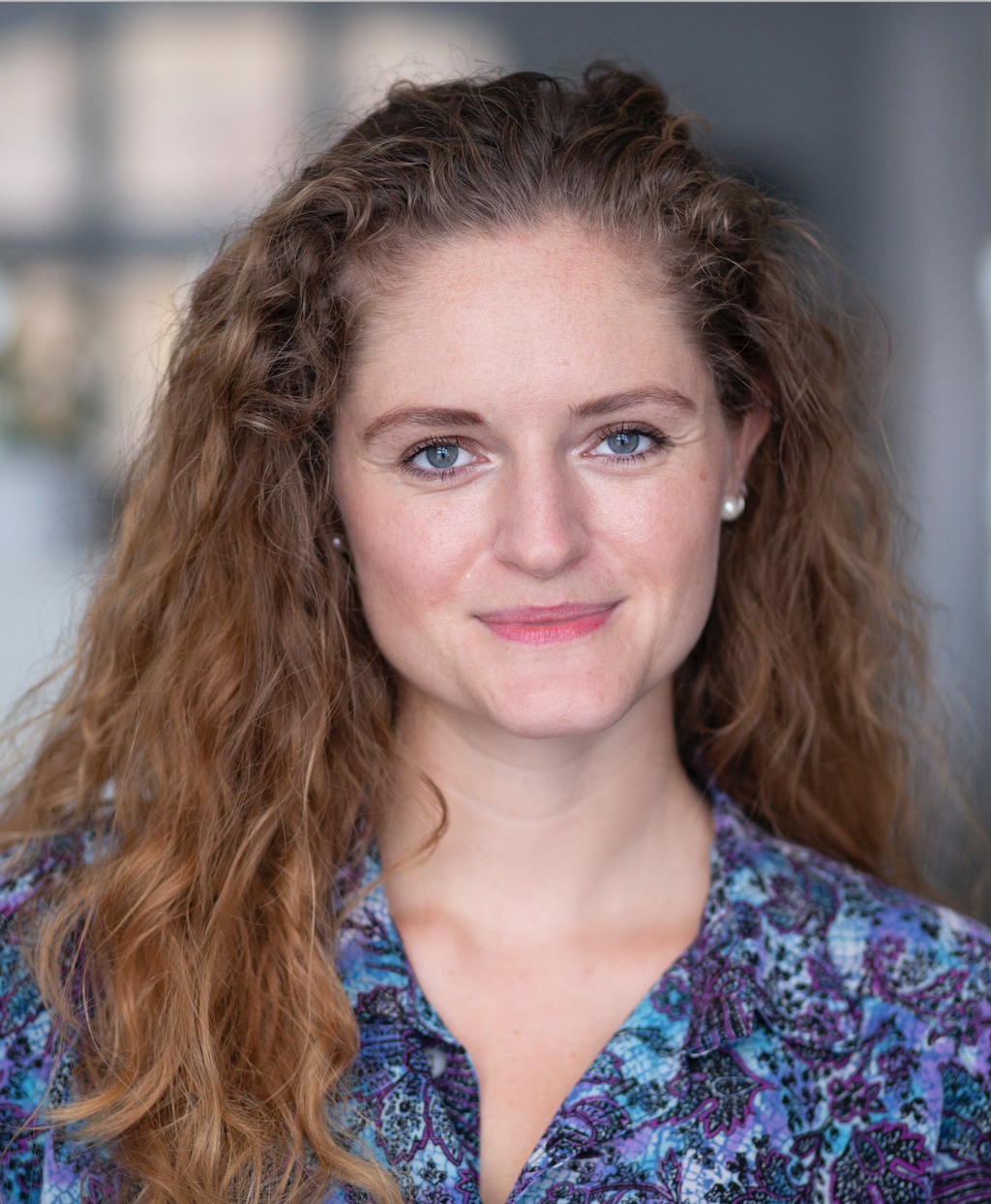Online roundtable | Reporting Ukraine: Fake news and disinformation as an indispensable part of Russia’s war against Ukraine
6 April 2022

WEDNESDAY, 6 APRIL 2022
10 a.m. MDT / 12 p.m. EDT
On February 24 this year, Russia launched an escalated invasion of Ukraine, with today’s attacks unfolding in the conventional and informational domains. The round-table event will explore the role of fake news, disinformation, and propaganda as part of Russia’s warfare strategies, both before and after the escalation of the war that it started in 2014 with the annexation of Crimea and occupation of the Donbas. The distinguished guests will analyze how Ukraine has been coping with the disinformation campaigns inside the country and informing the world about the war. Russia’s activities in the West will be closely examined as well. The role of social and traditional media in shaping the image of the war in Ukraine will also be discussed.
Panellists

Maria Avdeeva, research director at the European Expert Association. She focuses on international security, cooperation of Ukraine with the EU and NATO in combating hybrid threats, and emerging security challenges. She analyzes information operations, efforts to counter disinformation, and threats to democracy. Author and instructor of a course on “Information Security” conducted as part of a National Security Course. iSANS expert, OSCE Project Coordinator in Ukraine national Cybersecurity Expert.

Nataliia Steblyna is a professor in the Journalism and Social Communications Department, Vasyl Stus Donetsk National University and a media analyst at Pylyp Orlyk Institute for Democracy.
Dr. Steblyna is a media researcher specializing in new media and professional journalistic standards. The field of her interest is the news agenda of modern Ukrainian mass media, as well as the interconnectedness of local and global media in the reality of digital culture.

Ingrid Dickinson is a Young Global Professional at Atlantic Council’s Digital Forensic Research Lab (DFRLab). Her research focuses on Russian disinformation, the role of social media in the war in Ukraine, and Russian narratives used to justify the invasion. Ingrid is simultaneously pursuing her master’s degree in Security Studies at Georgetown University, where she received her BA in Psychology. Prior to her current role, she has worked as a consultant for the U.S. Department of Homeland Security and as a Security Analyst at Facebook.

Emerson T. Brooking is a senior resident fellow at the Digital Forensic Research Lab of the Atlantic Council and coauthor of LikeWar: The Weaponization of Social Media. He is an expert in the fields of disinformation, terrorist communication, and internet policy. Previously, he was a research fellow at the Council on Foreign Relations, where he studied U.S. defense policy. Brooking holds a B.A. in Political Science and Classical Studies from the University of Pennsylvania. He was named to the Forbes “30 Under 30” Class of 2019 and is a Term Member of the Council on Foreign Relations.

Kathrin Wesolowski works as a freelance journalist and fact-checker, mainly for the international broadcaster Deutsche Welle (DW). She studied journalism (B.A.) at the Technical University of Dortmund, Germany, and at the Tecnologico de Monterrey in Monterrey, Mexico. Currently, she is in a Master’s program in journalism at Dortmund. Kathrin uncovers disinformation, publishes relevant background articles and works as a video journalist, covering social and political topics. She has done research in various countries, such as Myanmar, Georgia, and Poland.
This round table is organized by the Contemporary Ukraine Studies Program, a research unit of the Canadian Institute of Ukrainian Studies at the University of Alberta (Edmonton). CUSP’s mission is to develop contemporary Ukraine studies in the national Canadian and global intellectual contexts through cross-disciplinary and collaborative research, publishing, community involvement, and other projects that analyze the contemporary situation in Ukraine and within the broader comparative context of European, Transatlantic, Eurasian, Slavic, and post-Soviet studies.